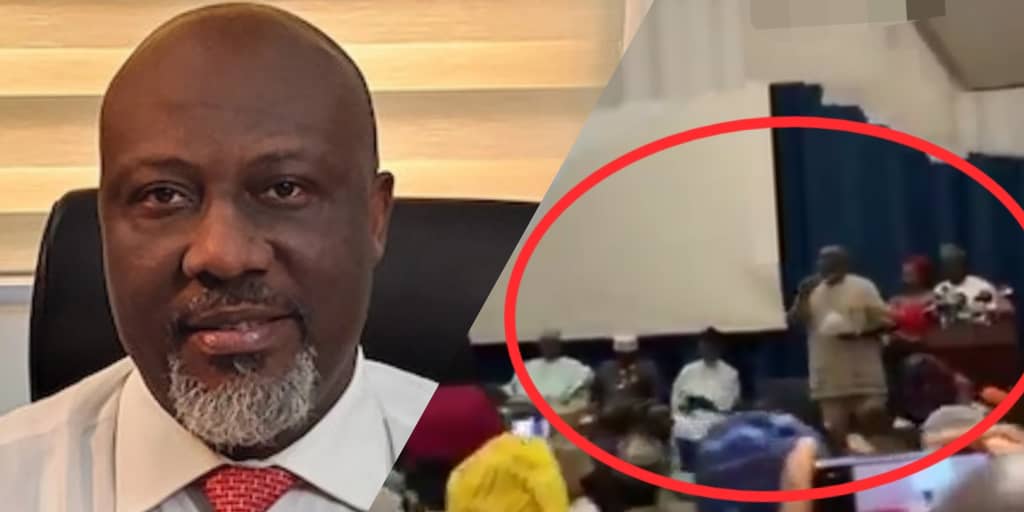Garba Shehu's Statements on Buhari's Presidency

Garba Shehu, the former Senior Special Assistant on Media and Publicity to ex-President Muhammadu Buhari, has offered a staunch defense of his former principal’s leadership, asserting that Buhari was perhaps the most aware and well-informed president Nigeria has ever had. Contrary to widespread public perception of disconnection from national issues, Shehu described Buhari as a leader who deliberately allowed his work to speak for itself, rather than pursuing media attention or public applause. He emphasized that Buhari was not a ‘showman’ interested in superficial engagements like cutting ribbons and taking pictures, but rather focused on the substantive impact of his work.
Shehu supported his claims with anecdotes from his time within Buhari’s inner circle, revealing that despite the consistent efforts of his media team to brief the president with daily newspaper clippings and media reports, Buhari frequently demonstrated prior knowledge, having already consumed the information himself. He noted that the fastest way to bring a problem to the president's attention was often through the press, rather than through official bureaucratic channels. This intimate familiarity with national discourse, Shehu contended, belied any notion of Buhari being unaware or uninformed.
While acknowledging criticisms that Buhari’s leadership was at times perceived as slow, Shehu explained this as a deliberate transformation from a former military ruler to a committed democrat. He highlighted Buhari’s conscious decision to adhere to due process and democratic norms, contrasting this with his earlier, more impulsive approach as a military head of state where actions like ordering arrests were common. Shehu posited that Nigerians, often impatient for quick fixes, struggled with Buhari's adherence to the slower, yet essential, democratic processes, which the former president insisted upon following meticulously.
Addressing contemporary political questions, Shehu firmly dismissed any speculation that Buhari now supports the removal of President Bola Tinubu or intends to oppose the All Progressives Congress (APC) in the 2027 elections. He reiterated Buhari’s unwavering loyalty to the APC, emphasizing the party's pivotal role in his two successful presidential terms. Shehu underscored that Buhari, having run and lost three times before finally winning with the collective support of Tinubu and others, would never betray the party that elevated him to the presidency.
Furthermore, Shehu maintained that Buhari left office with his personal integrity intact, asserting that no one could credibly claim to have bribed him. He also stated that Buhari is currently 'broke' and that the persistent allegation regarding his certificate was merely a product of the political dynamics surrounding the 2015 election. These points were made ahead of the launch of Shehu’s memoir, titled ‘According to The President: Lessons from A Presidential Spokesman’s Experience’.
The 260-page book, scheduled for public presentation on July 9, documents Shehu’s experiences, offering insights into the 'rough and tough moments' of presidential communications. It aims to serve as valuable reading material for students, practitioners, and researchers interested in lessons learned from years in such a demanding role. Shehu also revealed that former President Olusegun Obasanjo did not anticipate negative media stories during his tenure, a perception that shaped the environment in which Shehu operated.
Shehu recounted his own trials and triumphs during his previous role as spokesman for former Vice President Atiku Abubakar under Obasanjo’s second term (2003-2007). He detailed the 'war' declared by Obasanjo on his Vice President, a crisis that led to significant threats, including fear for his life, and even forced Atiku underground. As Atiku’s spokesman, Shehu chronicled his experiences as a principal officer in the Obasanjo presidency, his subsequent expulsion, and his challenging period as a 'person of interest' to security agencies, leading to detention by the Department of State Services (DSS) and at Kuje facility, followed by a two-year court trial.
He further elaborated on how he incurred Obasanjo’s wrath following the publication of a scathing cover story against the then-president in The News magazine, written by Bayo Onanuga. Shehu suggested that Obasanjo became convinced that any negative story about him must have been intentionally generated by someone close to the source. Given Shehu's friendship with Onanuga, he surmised that some close to Obasanjo wrongly implicated him as the influencer of the story, creating a contentious environment during a period when Obasanjo and Atiku were engaged in a covert political struggle.












